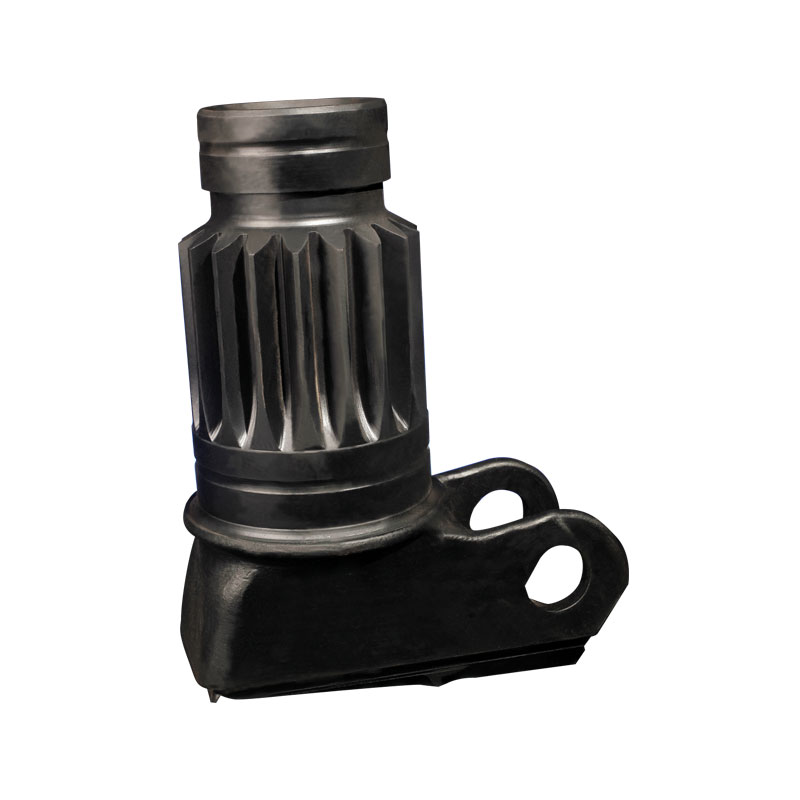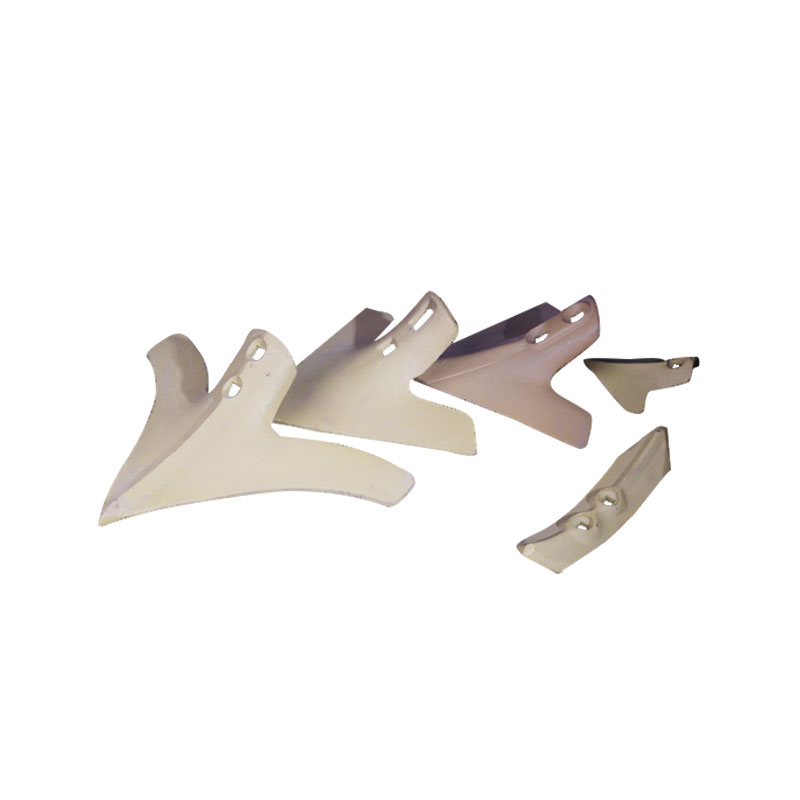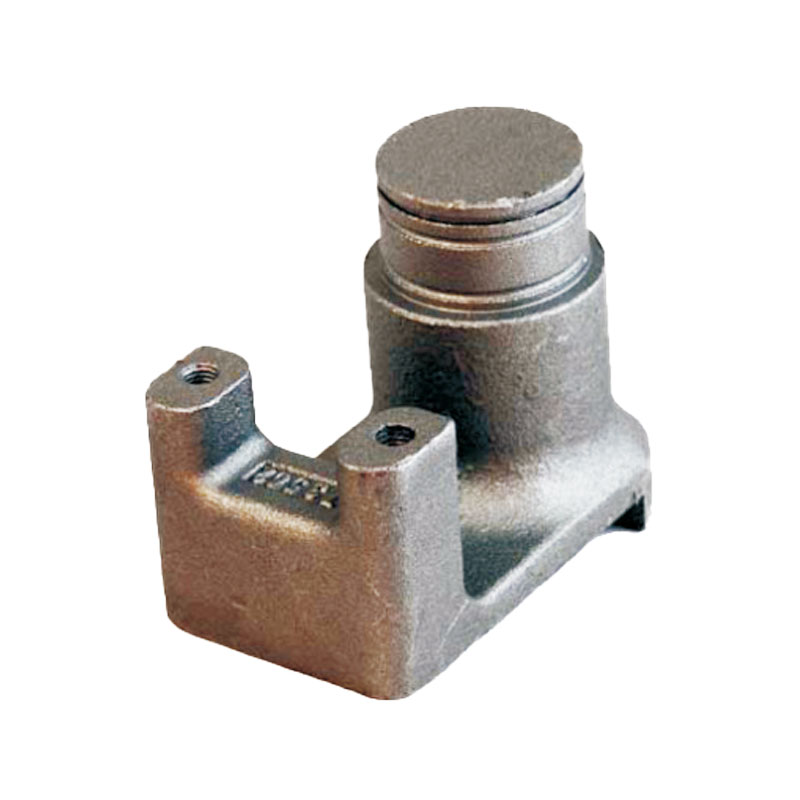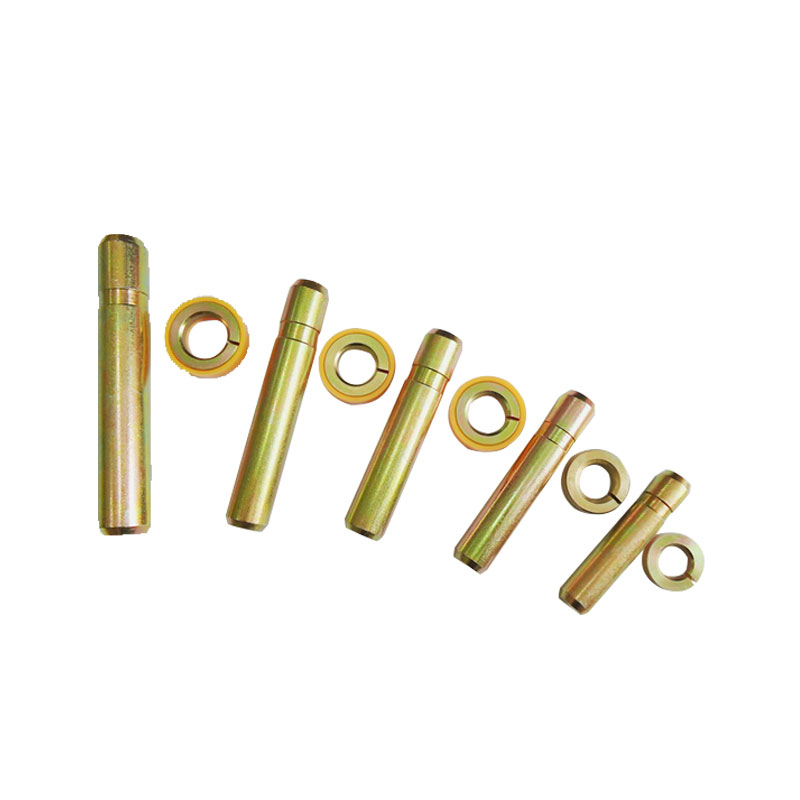Precision casting, also known as investment casting, pl […]
Precision casting, also known as investment casting, plays a significant role in the automotive industry, contributing to the production of various critical components. With its ability to create complex and intricately shaped parts with high precision, precision casting finds application in numerous areas within the automotive sector. Some of the key applications include:
1.Engine Components:
Precision casting is utilized in the production of engine components such as cylinder heads, valve bodies, and various intricate parts of the fuel system. These parts require high dimensional accuracy and excellent surface finish to ensure optimal engine performance.
2.Transmission Components:
Certain parts of the transmission system, including gears, gearboxes, and transmission housings, can be manufactured using precision casting. This process enables the production of intricate shapes and helps maintain the required strength and durability.
3.Braking System Parts:
Precision casting is employed in the manufacturing of brake system components like calipers, brackets, and other critical parts. These components must meet strict standards for strength and heat resistance to ensure safe and reliable braking performance.
4.Suspension Components:
Various suspension components, including control arms, steering knuckles, and links, can be produced using precision casting. These parts require high strength and dimensional accuracy to ensure safe and stable handling.
5.Exhaust System Components:
Precision casting is used to manufacture complex exhaust system components such as manifolds and exhaust housings. These parts need to withstand high temperatures and harsh environmental conditions while maintaining tight tolerances for optimal performance.
6.Fuel System Components:
Some intricate parts of the fuel system, such as fuel pumps, nozzles, and connectors, can be produced using precision casting. These components require high dimensional accuracy and resistance to corrosion and wear.
7.Chassis Components:
Various chassis components, including brackets, mounts, and structural reinforcements, can be manufactured using precision casting. These parts contribute to the overall structural integrity and safety of the vehicle.
8.Interior and Exterior Components:
Precision casting can be used to produce certain interior and exterior components, including decorative elements, hinges, and brackets, which require high dimensional precision and surface finish.
9.Powertrain Components:
Various powertrain components, such as engine mounts, bearing caps, and housings, can be manufactured using precision casting. These components play a crucial role in the overall performance and durability of the powertrain system.
By leveraging precision casting technology, the automotive industry can produce complex, lightweight, and high-performance components that meet stringent quality standards, contributing to the overall efficiency, reliability, and safety of modern vehicles.



